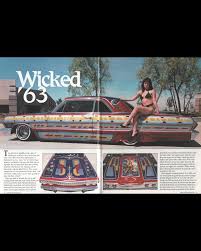The Cultural Phenomenon of Wicked in Musical Theatre

Introduction
‘Wicked’, the award-winning musical that premiered on Broadway in 2003, has become a cultural phenomenon and significantly influenced modern musical theatre. Based on Gregory Maguire’s novel, the show reimagines the classic tale of ‘The Wizard of Oz’ from the perspective of the witches, offering a fresh take on themes of friendship, identity, and the nature of good and evil. Its relevance has only grown over time, captivating audiences worldwide and paving the way for new narratives in theatrical productions.
Current Trends and Performances
As of October 2023, ‘Wicked’ continues to perform successfully in multiple cities including London, New York, and various international stages. In the past few months, it has broken box office records in many locations, underscoring its enduring appeal. Recent performances have featured notable stars, contributing to its continued relevance in a changing entertainment landscape. Additionally, with the upcoming film adaptation set to release in late 2024, interest in the musical has surged, prompting renewed discussions about its themes and impact.
Critical Reception and Cultural Impact
Critics have praised ‘Wicked’ not only for its powerful music, written by Stephen Schwartz, but also for its strong narrative and character development. The musical challenges traditional portrayals of villainy, highlighting the complexities of its characters, particularly Elphaba, the Wicked Witch of the West. This transformative approach to storytelling resonates with contemporary audiences, promoting discussions around societal expectations and personal choices.
Conclusion
The significance of ‘Wicked’ extends beyond its box office success; it represents a shift in how stories can be told in musical theatre. As we anticipate the film adaptation and look forward to the future of live performances, it is clear that ‘Wicked’ will continue to inspire both audiences and creators. The musical not only entertains but also invites audiences to reflect on their own perceptions of morality, friendship, and acceptance, securing its place in the pantheon of great theatrical works.









